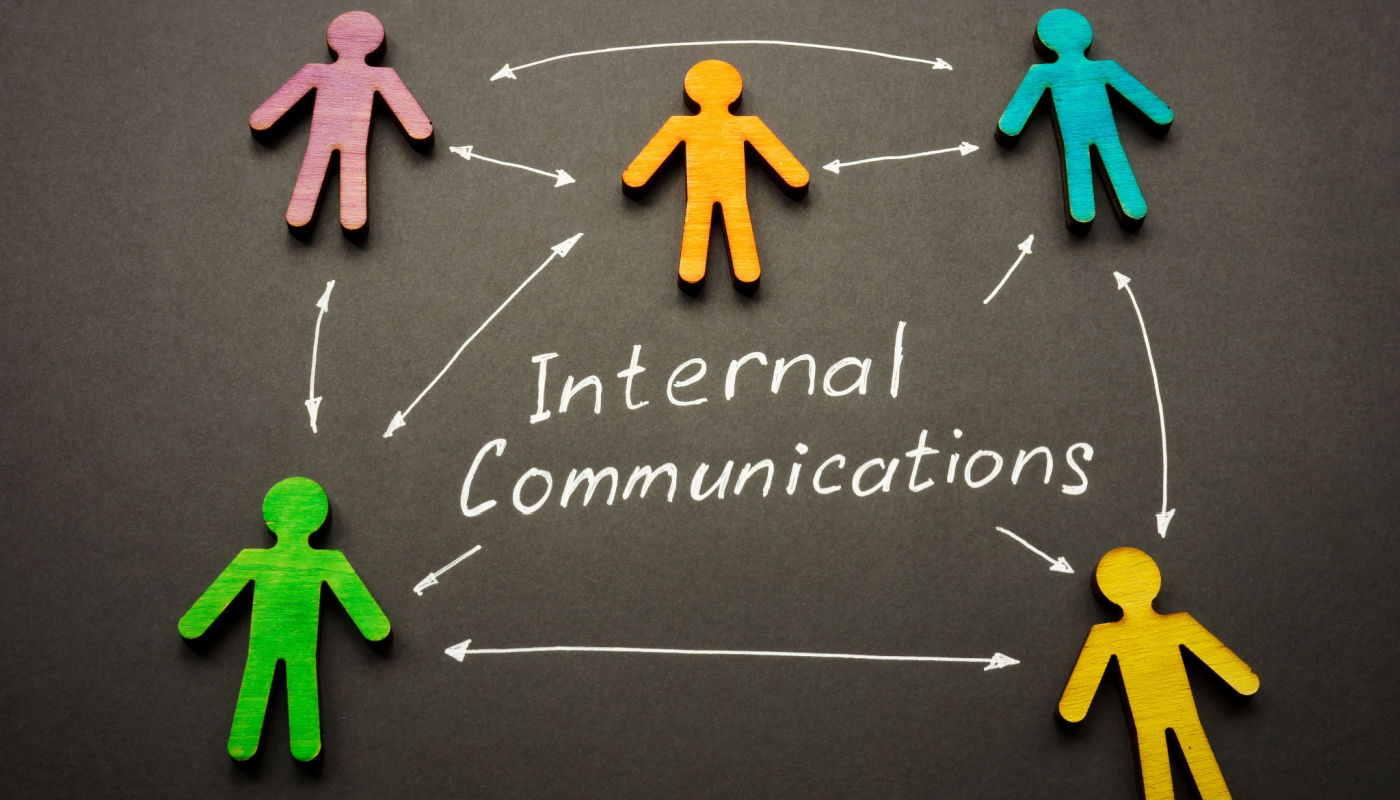In many call centers, excellent agents delivering excellent customer service is the most important thing. After all, customers are the drivers of your business. If they are unhappy with the service they receive from the people manning your phones, your sales and revenue will suffer. But it is possible to put too much emphasis on the communication between your agents and your customers. Making this external communication the most important thing above all else, eschewing the physical and mental toll it may take on your agents, is not the best way to stoke enthusiasm and productivity. Instead, it’s crucial that you balance these two things, and one of the best ways to do that is by prioritizing steady and productive communication within your call center.
Communication Between Managers and Agents
The last thing you want agents to feel is like they are not being supported in their roles. But if they are spending every minute of their shifts on the phone with customers and not hearing from managers or supervisors for days at a time, it can start to feel like they are going it alone—especially if they are working remotely. That’s why frequent communication between managers and agents is crucial. Whether through something as simple as weekly emails with updates and feedback or as personal as a daily check-in with each agent, this sort of communication should not be reserved for emergencies. It’s also important that agents feel comfortable being the ones to initiate conversations with management, which requires taking steps to build the relationship between managers and agents into one that encourages collaboration and free communication. Scheduled happy hours and/or team building sessions can help create these collaborative relationships.
One key point to note: This does not mean that supervisors should be micromanaging their agents’ daily activities. The type of communication that will help foster productivity is the type that encourages and supports agents, not the type that points out everything they are doing wrong or need to improve (though there is a time and place for those conversations). Instead, it’s important for managers and agents to have two-way conversations that allow agents to express their thoughts and feelings on their jobs in an open and encouraging environment.
Communication Among Agents
When most call center agents worked from the same office, sitting at computers side by side, taking steps to facilitate communication among agents was not as much of a priority. After all, you do want your agents to be productive, not chatting with their neighbor all day. But when many call centers moved their agents to remote working, with them logging on from their apartments or houses, the sense of camaraderie that exists in an office disappeared. Without that, it’s very easy for agents to begin to feel like they are on islands by themselves and not like members of a team, a feeling that is compounded if agents are discouraged from speaking to one another in favor of handling as many calls as possible on their own. As mentioned above, this emphasis on customer service volume without prioritizing the agents’ day-to-day experience can actually decrease productivity.
Making sure agents have ways to communicate with one another during the workday is a great way to remind them that they are not alone. Using a chat platform in which agents can easily speak with one another about their days is a great way to foster this sense of being part of a team, as is scheduling team meetings, trainings, or other collaborative activities.
You want to put your agents in the position to always do their jobs to the best of their ability. One way to do this is to foster healthy internal communication among your agents, supervisors and managers, while another is to utilize a call center software that is intuitive and easy to use, like CallShaper. To learn more about how CallShaper can help support your agents, contact us today.


Thank You for sharing such an amazing information. You really did a great job.